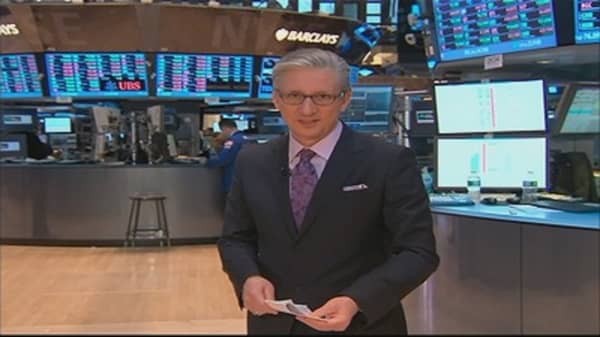Stocks and bonds have been telling two different stories over the past several months, and it appears that the argument for prolonged slower growth is winning.
That, of course, would belong to bond investors, who, rather than fleeing fixed income as many predicted, have stayed in the game as signs accrue that both the U.S. and global economy are far from achieving escape velocity.
It's a position that runs counter to the equity markets, into which investors are pouring money in the belief that this is the year the U.S. will finally shake off the financial crisis that began five years ago and resume its leadership role.
(Read More: Spring Swoon Could Wobble Economy and Stocks)
"They're sending different signals. As to who is right, I would put more faith in the bond market," said David Santschi, CEO at TrimTabs, a research firm that tracks money movements across the markets.
TrimTabs reported Thursday that the first quarter saw a nine-year high of inflows to stock-based equity and exchange-traded funds. The intake of $52 billion contrasted strongly with the $87 billion that flowed out last year, and it came as the Standard & Poor's 500 registered a 9 percent gain.
But equities' gain did not come at the expense of bonds, with fixed-income funds taking in a stunning $65.7 billion, which itself was the highest inflow since the same period in 2006. Those inflows corresponded with bond yields' staying low, despite predictions of the "Great Rotation" between the two asset classes, and indicated that investors remain concerned about global growth.
(Read More: Why Market's Best Weapon Could Run Out of Gas)





